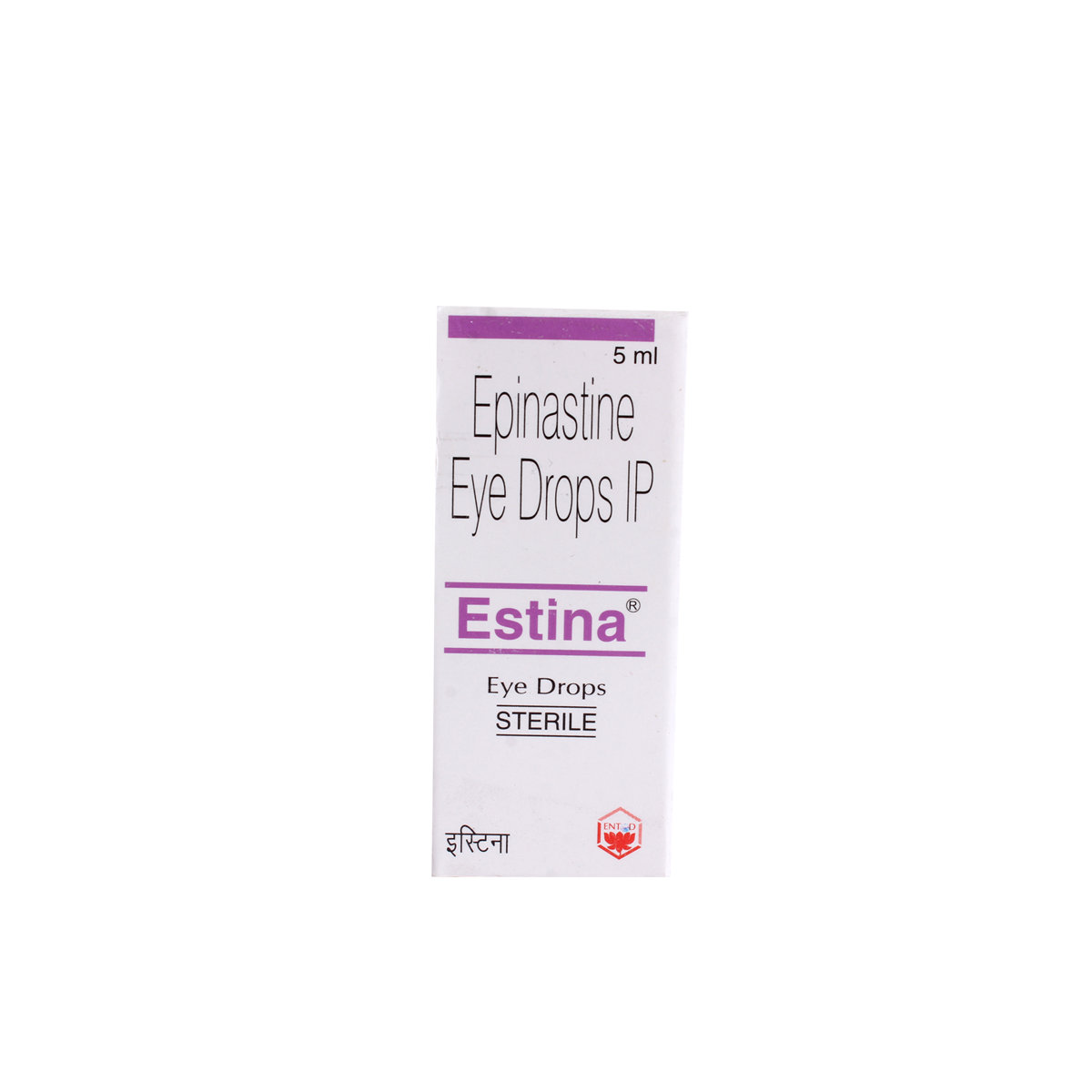Epinastine
About Epinastine
Epinastine is an antihistamine medicine used in the prevention of itching associated with allergic conjunctivitis. Allergic conjunctivitis is a condition in which the eyes become itchy, red, swollen, and teary when exposed to certain substances in the air.
Epinastine contains Epinastine, which belongs to the class of antihistamines. It works by blocking and preventing the action of histamine, a chemical substance that causes allergic symptoms. Thereby, Epinastine helps treat allergic conjunctivitis.
Epinastine may cause common side effects such as eye irritation, headache, cough, runny nose, swollen eyelids, and common cold. Most of these side effects do not require medical attention and resolve gradually over time. However, if these side effects persist for a longer period, please consult your doctor as soon as possible. Epinastine is an ophthalmic preparation. It should be used as prescribed by your doctor.
Epinastine should be avoided if allergic to it. Before using Epinastine, remove your contact lenses. After instilling the drops, wait 10 minutes before putting your contacts back in your eyes. If your eyes are inflamed or irritated, do not put your contacts back in. Keep your doctor informed about your complete medical and medication history to rule out any interactions. Although Epinastine is an external preparation, it is advised to inform your doctor if you are pregnant or breastfeeding before using this medicine. This medicine can be used in children older than two years. It is advised not to touch the tip of the dropper to the eyelids or any surface, as it may contaminate the contents. Epinastine is intended for ophthalmic use only. Avoid contact with ears, nose and mouth.
Uses of Epinastine
Medicinal Benefits
Epinastine contains Epinastine, which belongs to the class of antihistamines. It works by blocking and preventing the action of histamine, a chemical substance that causes allergic symptoms. Thereby, Epinastine helps treat allergic conjunctivitis.
Directions for Use
- Follow your doctor’s advice regarding the dosage and duration.
- Lie down and tilt your head backwards. Pull your lower eyelid gently with your index finger to form a pocket. Instill the number of drops as advised by the doctor into the pocket of the lower eyelid. Close your eyes for 1-2 minutes.
- Avoid touching the tip of the eye dropper as this may result in contamination.
Storage
Side Effects of Epinastine
- Eye irritation
- Headache
- Common cold
- Cough
- Swollen eyelids
- Runny nose
Drug Warnings
Do not use Epinastine if you are allergic to any components. Consult your doctor before using Epinastine if you are pregnant or breastfeeding. Do not touch the tip of the dropper to eyelids, surrounding areas or surfaces, as it may contaminate the contents. Keep the bottle tightly closed when not in use. Let your doctor know if you are taking other prescription/non-prescription medicines or herbal supplements.
Drug Interactions
Drug-Drug Interactions: No interactions found/established.
Drug-Food Interactions: No interactions found/established.
Drug-Disease Interaction: No interactions found/established.
Drug-Drug Interactions Checker List:
Safety Advice

Alcohol
consult your doctorIt is not known whether Epinastine interacts with alcohol. Please consult your doctor.

Pregnancy
cautionIf you are pregnant or planning pregnancy, inform your doctor before receiving Epinastine. Your doctor may prescribe this medicine if the benefits outweigh the risks.

Breast Feeding
cautionIf you are breastfeeding, inform your doctor before receiving Epinastine. Your doctor may prescribe this medicine if the benefits outweigh the risks.

Driving
cautionEpinastine can cause blurred vision or visual disturbances. Hence, driving or operating machinery is advised only if your vision is clear.

Liver
cautionPlease consult your doctor before using Epinastine if you have a liver impairment or any concerns regarding this.

Kidney
cautionPlease consult your doctor if you have any concerns regarding the usage of Epinastine in patients with kidney impairment.

Children
cautionEpinastine can be used in children older than two years only if prescribed by the doctor.
Habit Forming
Diet & Lifestyle Advise
- Wash your hands regularly. Avoid touching the eyes with dirty hands.
- Avoid rubbing the eyes.
- Avoid sharing eye makeup such as eyeliner, mascara or kohl.
- Always use clean towels or tissues to wipe your eyes and face.
- Regularly wash and change the pillowcases.
- If you wear contact lenses, clean and replace contact lenses more often. Never share contact lenses. Always wash your hands before inserting and removing the contact lens.
- Avoid staring at digital screens for longer durations. Rest your eyes every 20 minutes.
- Blink regularly as it helps in the spread of hydrating substances such as mucus and tears across the eyes.
Patients Concern
Disease/Condition Glossary
Allergic conjunctivitis: Allergic conjunctivitis, also known as eye allergy, is a condition in which the eyes become itchy, red, swollen, and teary when exposed to certain airborne substances. Itching, burning sensations, watery eyes, red/pink eyes, and swollen or puffy eyelids are all symptoms of eye allergy.
FAQs
Epinastine is used to treat Allergic conjunctivitis.
Epinastine works by blocking and preventing the action of histamine, a chemical substance that causes allergic symptoms. Thereby, Epinastine helps treat allergic conjunctivitis.
To treat your condition effectually, continue using Epinastine for as long as your doctor has prescribed it. Consult the doctor if the irritation persists or worsens.
Do not wear contact lenses while using Epinastine. Remove contact lenses before using Epinastine and reinsert after 15 minutes of using Epinastine.
The common side effects of Epinastine include eye irritation, headache, cough, runny nose, swollen eyelids, and common cold. If these side effects persist for a longer period, please consult your doctor as soon as possible.
Epinastine is effective in treating allergic conjunctivitis. It helps reduce itching, redness, and swelling in the eyes caused by certain substances in the air.
Epinastine is not a steroid. It is an antihistamine that reduces itching, redness, and swelling in the eyes by blocking histamine receptors, but it does not have the anti-inflammatory effects of steroids.
Epinastine may cause eye irritation as a side effect in some people. If irritation persists or worsens, please consult your doctor.
Please consult a doctor before giving Epinastine to a child, as it is not approved for use in children under 2 years old. For children aged 2 and older, a doctor will determine the safety and appropriate dosage.
Epinastine is not usually associated with causing sleepiness. However, if you feel unusually sleepy, please consult your doctor.
You can use Epinastine for as long as your doctor has prescribed it. It is generally safe and effective to use for up to 8 weeks. Even if you start feeling better, continue using Epinastine as directed. Do not stop using it without talking to your doctor first.





